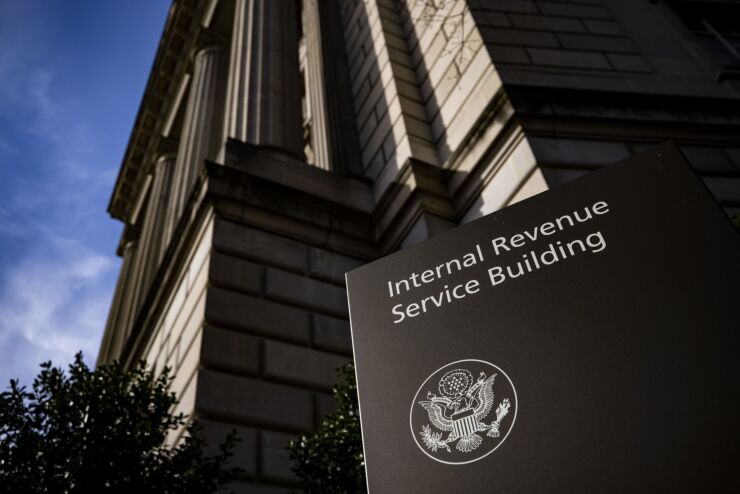IRS expands reliance on voice bots to boost taxpayer service

The Internal Revenue Service, facing criticism over long hold times and disconnects when taxpayers try to reach its offices, is adding more options for callers to reach automated voice bots that can respond to their requests sooner.
IRS officials said Friday they have now added assistance for eligible taxpayers to set up or modify their payment plans. Upcoming changes planned for later this year will help taxpayers retrieve information about their accounts.
“This is part of a wider effort at the IRS to help improve the experience of taxpayers,” said IRS Commissioner Chuck Rettig in a statement. “We continue to look for ways to better assist taxpayers, and that includes helping people avoid waiting on hold or having to make a second phone call to get what they need. The expanded voice bots are another example of how technology can help the IRS provide better service to taxpayers.”
The voice bots run on software leveraging artificial intelligence, so taxpayers can navigate an interactive voice response system. The IRS has been using voice bots on numerous toll-free lines since January, allowing taxpayers with simple payment or notice questions to get what they need quickly and avoid waiting (see story). Taxpayers can always speak with an English- or Spanish-speaking IRS telephone representative if needed.

Samuel Corum/Bloomberg
“This week was historic for the IRS,” said Darren Guillot, IRS Deputy Commissioner of Small Business/Self Employed Collection & Operations Support, during a press conference Friday. “As of June 14 at 6:45 a.m. for the first time in 160 years, this agency is able successfully to interact with the taxpayer using artificial intelligence, access their accounts, and resolve it in certain situations without any wait on hold.”
He noted that in recent years, taxpayers have had more difficulty reaching the IRS by phone. During the pandemic, he and Fred Schindler, director of IRS Collection, began working on ways to help taxpayers who had received an IRS letter or notice in the mail to be able to reach someone at the agency and set up a payment installment plan.
By noon on June 14, the IRS voice bots were able to establish the first three installment payment plans with taxpayers. “Those taxpayers didn’t wait on hold for one second,” said Guillot. “We’re starting out incrementally to make sure we get enough system capacity. We’ve got it to about one-quarter of what it’s capable of doing right now, and we’re making sure we can work out any potential concerns with the system. By next week, we expect it will be up to 100%. These bots are available, and you will have the option of being able to speak with a live person.”
The IRS has also been using text bots, along with voice bots, since January, for taxpayers who prefer to send text messages.
“The concept is that the taxpayer is interacting with this bot and getting an equivalent option of something we offer to all taxpayers,” said Schindler. “For the vast majority of our taxpayers who are coming to us in a balance due situation, it’s less than $25,000 and the options are there, online or with an assistor, to get into a payment plan and start to get right.”
Eligible taxpayers who call the Automated Collection System (ACS) and Accounts Management toll-free lines and want to discuss payment plan options can authenticate or verify their identities through a personal identification number (PIN) creation process. To set up a PIN, taxpayers will only need their most recent IRS bill and some basic personal information to complete the process.
To date, the voice bots have answered over 3 million calls. Additional voice bot service improvements are planned later this year that will allow authenticated individuals (taxpayers with established or newly created PINs) to retrieve account and return transcripts, payment history and the current balance owed.
In addition to the payment lines, the voice bots are helping people who call the Economic Impact Payment (EIP) toll-free line with general procedural responses to frequently asked questions. The IRS also added voice bots for the Advance Child Tax Credit toll-free line in February to offer similar assistance to taxpayers who need help reconciling the credits on their 2021 tax return.


